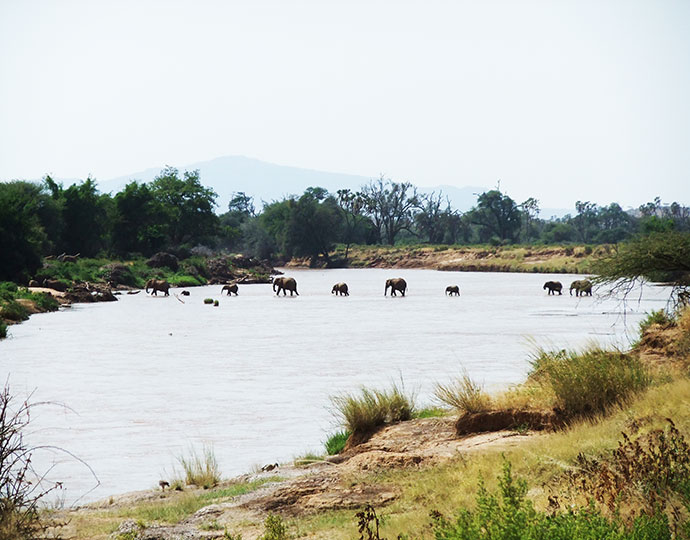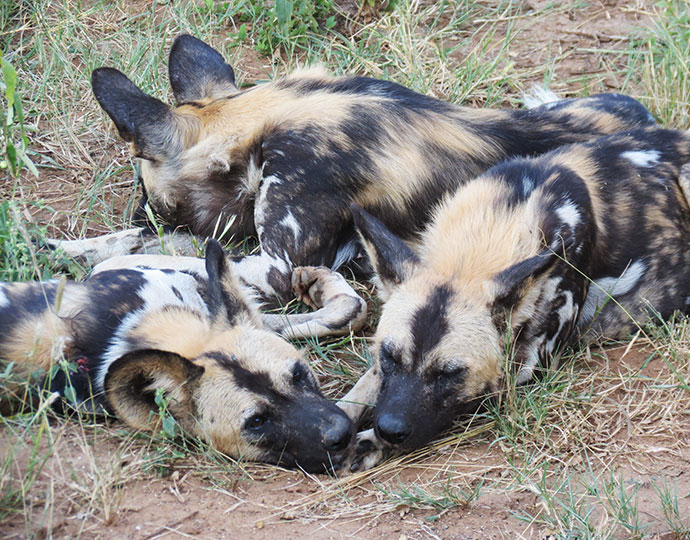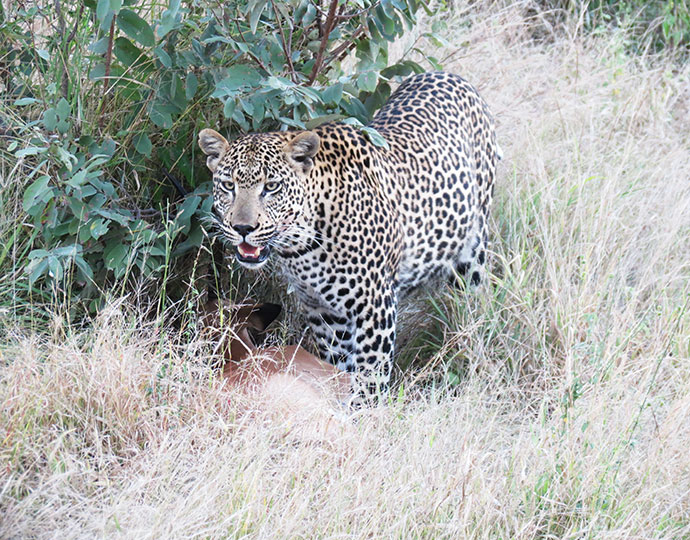Conservation of Wildlife
19th August 2015So our first blog post. Conservation of Wildlife. This topic is so vast, so well covered and so endlessly discussed and argued about that a certain fear creeps over us as we step into the fray. But that’s exactly what we have to do. No longer can we stand by and watch as those fighting for wildlife conservation fight a losing battle – things are really serious, rhinos are now only in selected highly protected areas, elephants are quickly being wiped out by poaching in areas without the funds or resources to fight this. Lions are in rapid decline, as are cheetah, wild dog and now giraffe. Action has to be taken and we’re going to try as hard as we can to get funds to the right places, to people doing the right things for wildlife conservation.
There are many ways of helping to conserve wildlife but one of the key African issues has to be community education – we need to help projects and charities the local get communities on side so that they see the value in the wildlife, through tourism and preserving the land. This is slowly starting to happen and nothing is more indicative of this than this wonderful video:
If every tribe and community thought in this way perhaps the poaching would start to slow down, however the issue of money is still at the forefront. The poaching fraternity can offer more money to a local tribesmen than any tourism body can, and this is where the wildlife conservationists have it tough – they have to persuade the communities to take less money (although some tourism ventures do see large amounts going to the community they lease the land off) and become conservationists themselves. We’ve probably all been in situations where ‘money’ has affected our decision and thought process, it’s human nature. But it is also human nature, in general, to be kind to fellow creatures and this is where the turning point has come from, the local communities do want to conserve wildlife, and they do see the value – sometimes, again this is still very much a work in progress and you will see that some of our projects work tirelessly with the community to reduce wildlife human conflict.
The loss of habitat is happening at a rapid rate in Africa due to areas not being preserved, or having the financial backing to be preserved – therefore agriculture creeps in and before you know it a once pristine wildlife area is now farms. Over population is world problem, not just an African one and the world is currently battling against this as immigrants desperately look for safer lands in Europe and every country fights against over crowding and lack of resources. Clearly this represents a key problem for the future of wildlife conservation, if the human population continues to grow in size then there will be no space for the wildlife, and there will be serious money required to try and defend it then – although we see this problem as a slightly less immediate one than the poaching / human wildlife conflict issue – maybe we’re wrong? What do you think?










